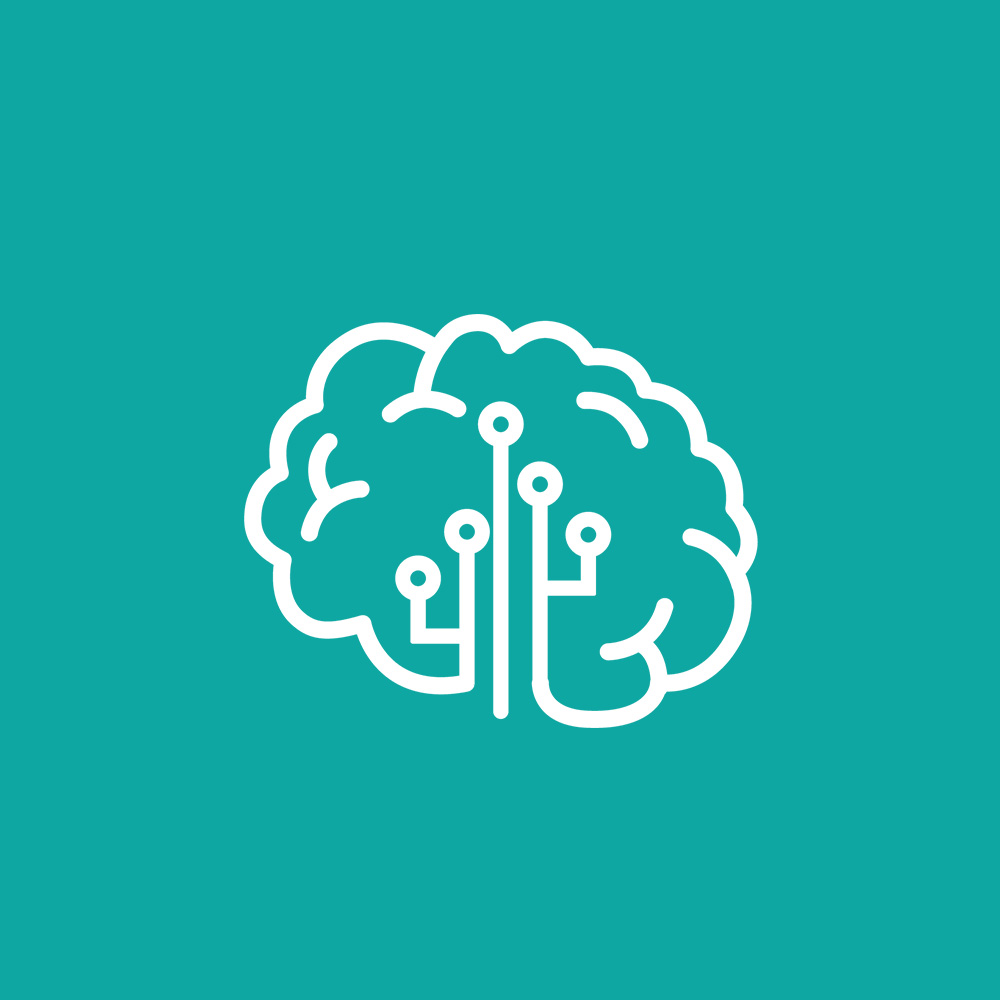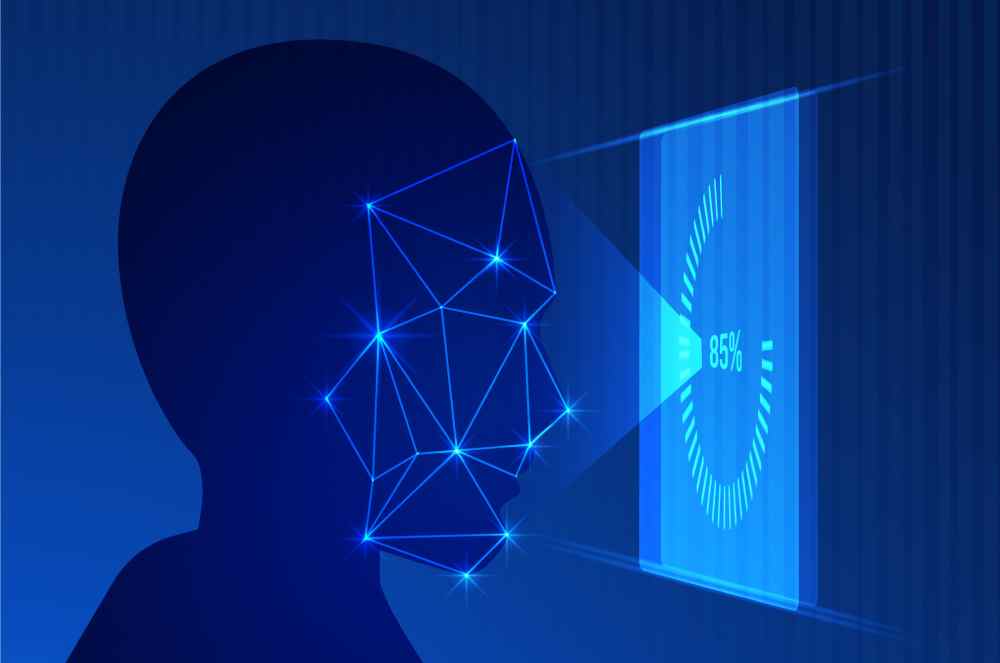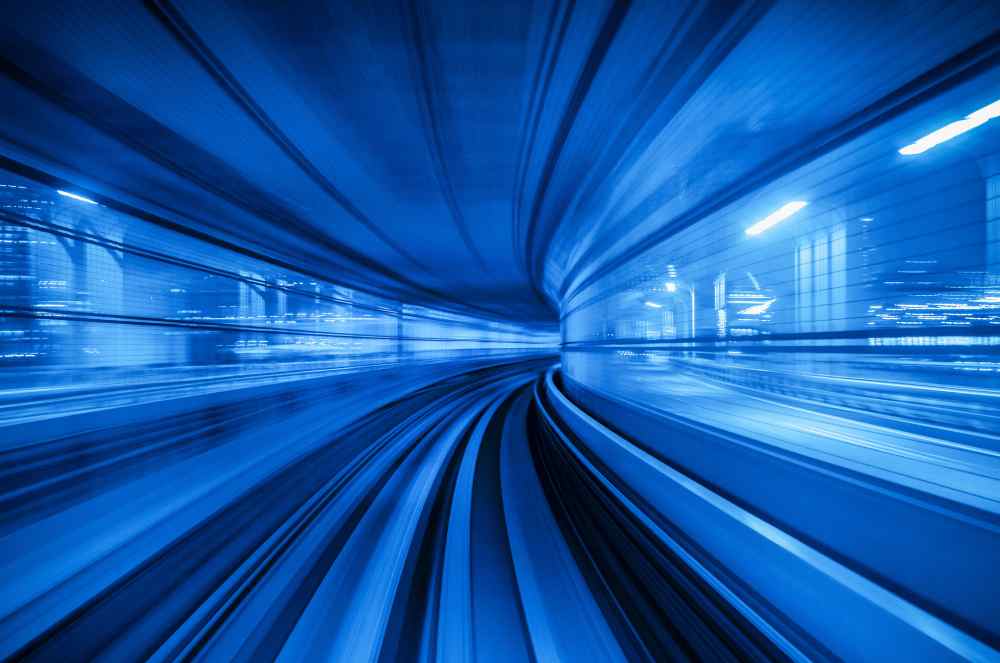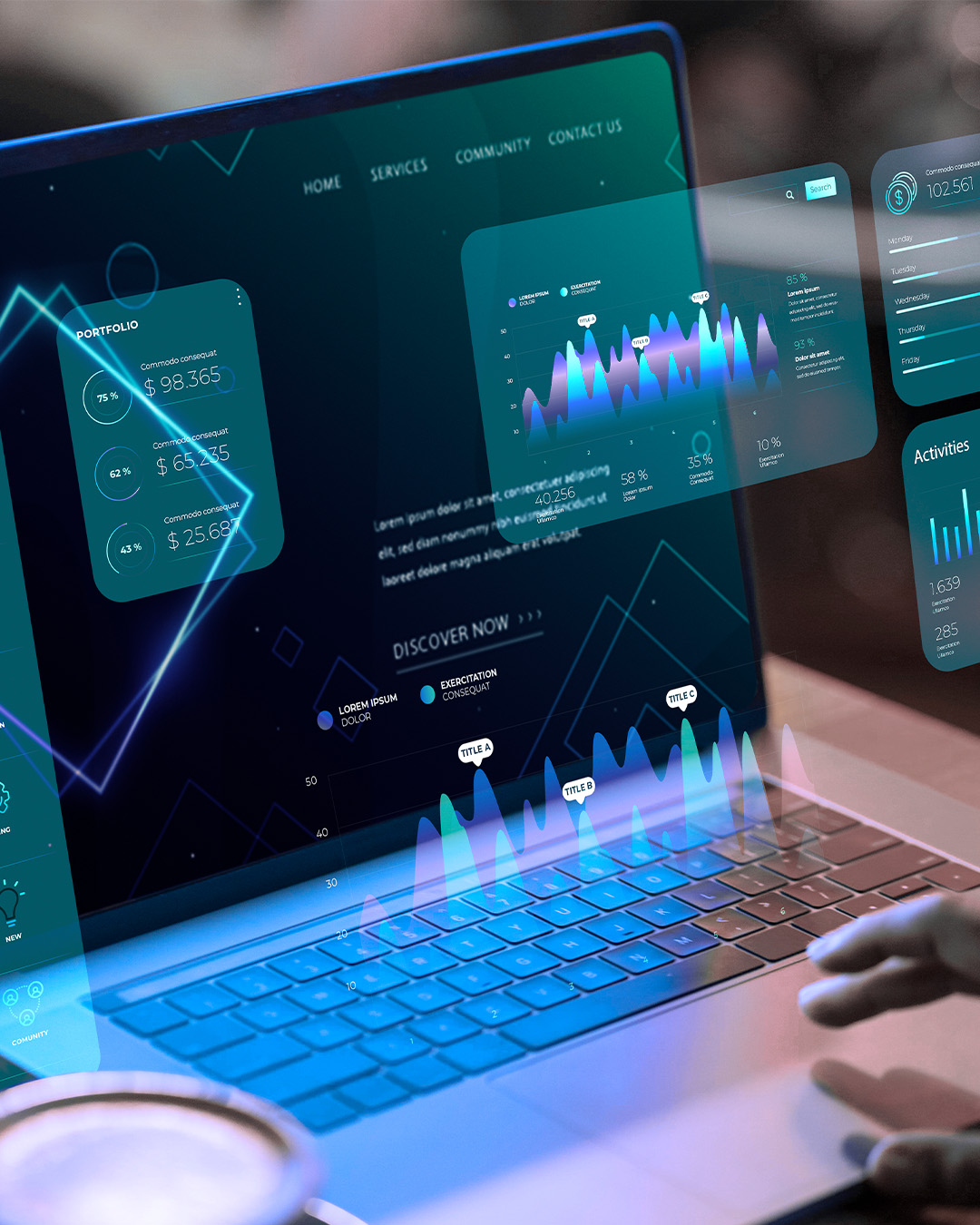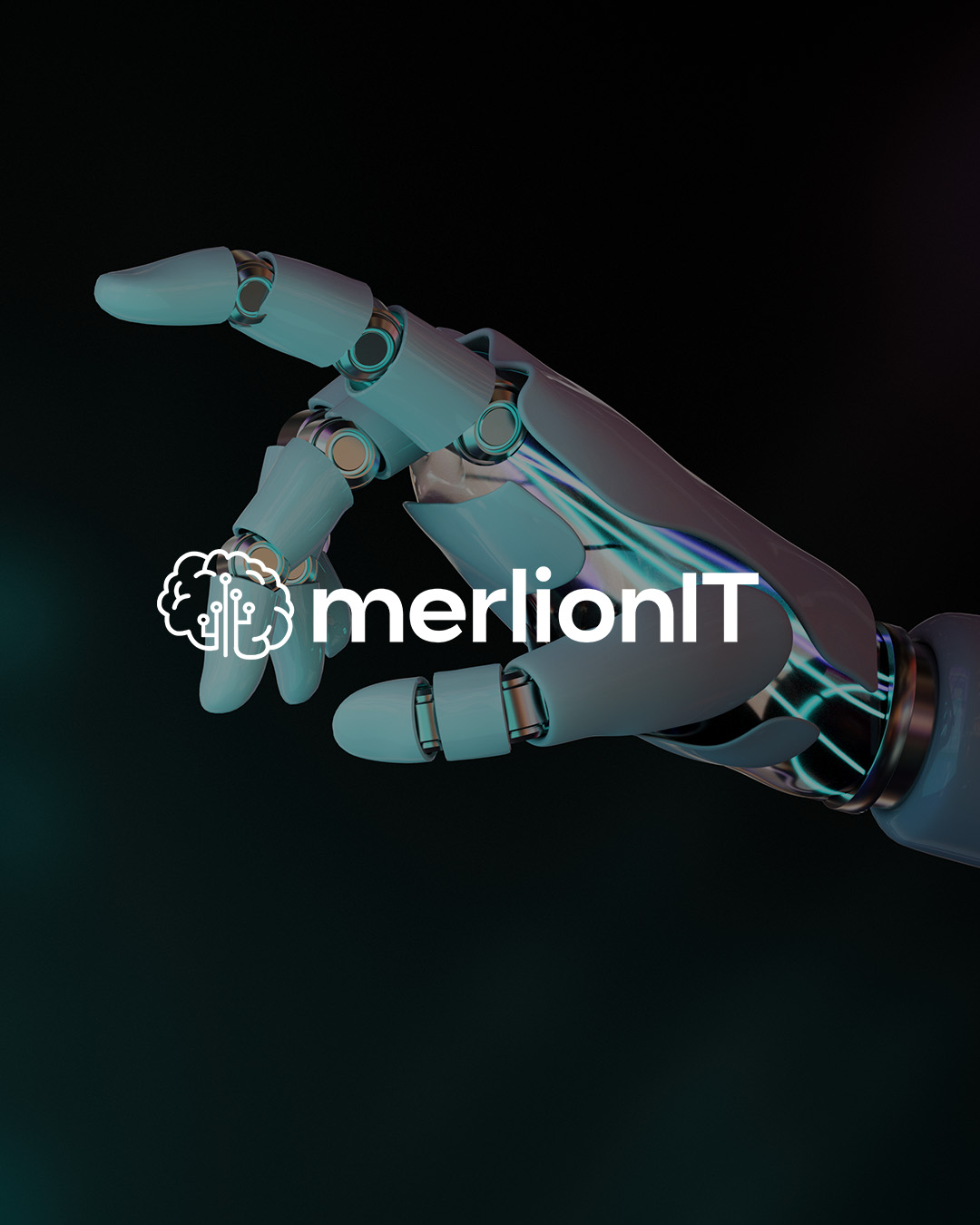Technology trends for 2025

Every year, new technologies reshape the way we live, work, and consume. For business leaders and CEOs in Brazil, 2025 promises to be a year filled with technological transformations that will redefine sectors, create opportunities, and demand strategic adaptations. In this article, I explore seven technology trends for 2025, highlighting how they can impact businesses and traditional markets, bringing innovation and competitiveness to the business landscape.
1. Expansion of 5G and Advanced Connectivity
Brazil is fully entering the 5G era, and 2025 will be the year this technology becomes essential for businesses of all sizes. With faster speeds and lower latency, 5G will enable the mass integration of IoT (Internet of Things) devices, improving industrial, logistical, and urban processes.
For traditional markets, this means greater efficiency and connectivity in complex operations, such as smart factories and connected supply chains. In the services sector, 5G will enable richer digital experiences, such as real-time augmented reality and advanced mobile applications.
2. Generative AI and Personalization at Scale
Generative Artificial Intelligence will continue to be one of the key technology trends in 2025, especially in Brazil, where businesses are looking for ways to increase efficiency and create personalized experiences.
AI models like ChatGPT have evolved to offer specific solutions, from automated customer service to content creation and data analysis.
In retail, for example, personalization will be a differentiator, with AI adjusting offers in real-time based on consumer behavior. In healthcare, generative AI could be used for faster and more accurate diagnoses.
CEOs who invest in this technology will be better positioned to meet market demands with agile and personalized solutions.
3. Digital Sustainability and Green IT
With growing pressure to reduce carbon emissions, sustainable technology will be a priority for Brazilian companies in 2025.
The adoption of Green IT includes practices like low-energy cloud computing, renewable energy use in data centers, and tracking sustainability through blockchain.
Responding to consumer demands for environmental responsibility, investing in sustainable technology reduces operational costs and improves brand reputation. CEOs should integrate digital solutions that promote sustainability as part of their long-term strategy.
4. Cybersecurity as a Strategic Pillar
With the advancement of digitalization and connectivity, cybersecurity will be one of the strategic pillars for Brazilian companies to focus on as one of the technology trends.
As organizations adopt technologies like 5G, the Internet of Things (IoT), and artificial intelligence, the attack surface expands, exposing businesses to new cybersecurity risks.
These attacks can range from breaches in critical systems to data hijacking via ransomware, which continues to grow in frequency and sophistication.
Cybersecurity is no longer just a technical issue; it is a strategic concern that directly affects reputation, customer trust, and business sustainability. In a scenario where cyberattacks can cause millions of dollars in losses and paralyze operations, protecting systems, data, and digital infrastructure is indispensable.
In 2025, AI applied to cybersecurity will be a key tool. AI-based solutions will be able to identify and respond to threats in real time, detecting anomalous behavior before it becomes a bigger problem. Predictive analytics tools will help companies anticipate vulnerabilities, mitigating risks before attackers exploit them.
LGPD (General Data Protection Law) will continue to require strict compliance, especially as regulators intensify inspections. Companies that fail to comply may face significant penalties, including fines and damage to reputation. For business leaders, this means the need to invest in regular audits, employee training, and advanced protection technologies like encryption and multifactor authentication.
Another important aspect will be the protection of hybrid work environments. With the rise of remote work, protecting devices and home networks used by employees will be just as crucial as protecting the company’s internal systems. "Zero Trust" strategies will gain prominence, ensuring that every access to corporate systems is verified and authenticated regardless of its origin.
Cybersecurity education will be a competitive differentiator. Companies that invest in awareness and training for their employees will significantly reduce risks, as many security breaches occur due to human error, such as clicking on malicious links or using weak passwords.
5. Blockchain Beyond Cryptocurrencies
Although many people associate blockchain with cryptocurrencies, in 2025, this technology will be increasingly present in sectors like healthcare, logistics, and finance in Brazil. Blockchain will provide greater transparency and security in transactions, product tracking, and smart contracts.
For example, supply chains can use blockchain to transparently track goods, ensuring authenticity and reliability. In the financial market, smart contracts can automate legal processes and transactions, reducing costs and human errors.
6. Extended Reality (XR): AR, VR, and Mixed Reality
Extended Reality (XR) technologies, including Augmented Reality (AR), Virtual Reality (VR), and Mixed Reality (MR), will be essential tools in 2025. In Brazil, these innovations will impact sectors like education, corporate training, and retail.
Companies can use AR to create immersive experiences in physical or online stores, while VR is already used for simulated corporate training and educational experiences. CEOs attentive to these technologies will be able to improve both customer experience and team training.
7. Low-Code and No-Code Platforms
The demand for quick and accessible solutions will drive the use of low-code and no-code platforms, which allow the creation of apps and systems without the need for complex programming. In 2025, these tools will democratize innovation, allowing non-technical teams to develop solutions specific to their needs.
This trend is particularly relevant for companies that wish to digitalize processes without large IT investments. In Brazil, these platforms are essential for small and medium-sized businesses to compete with larger market players, especially in areas like e-commerce and customer service.
The technology trends for 2025 will require CEOs and business leaders in Brazil to stay alert to innovations that will shape the future of business. 5G, generative AI, blockchain, and no-code platforms offer unprecedented opportunities to modernize processes and connect better with consumers. At the same time, cybersecurity and sustainability must be treated as strategic priorities, ensuring resilience in a highly connected world. Companies that anticipate these changes will not only survive but thrive in an increasingly technological and competitive landscape. The future is now, and the decisions made today will define success in the coming years. I believe these technology trends may not sound unfamiliar to you. But stay tuned to these movements, they could reshape markets. Technology has never been in the spotlight as it is today. Contact us and be well accompanied on this journey.
Source: Ravel Tecnologia
Transform your enterprise management and ensure more efficient execution, on time and within budget! Contact us.





